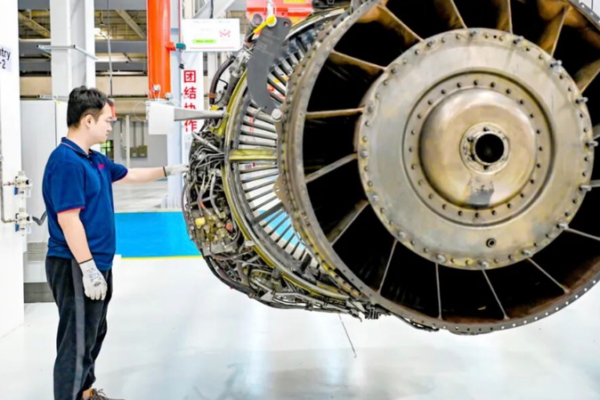
China-Swiss-US Aero Engine Project Secures Orders Through 2026
Chongqing’s tri-national aero engine maintenance project secures orders through 2026, cutting costs and boosting China’s aviation capabilities.
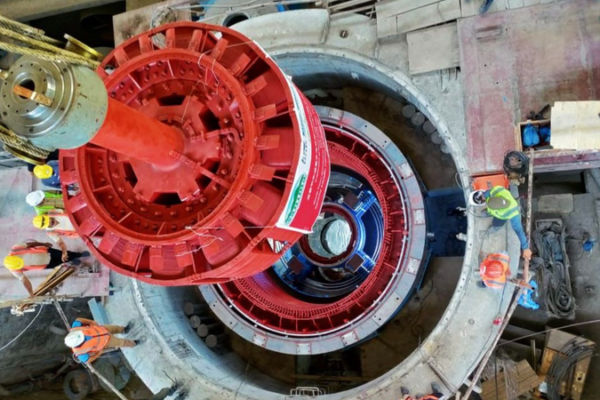
Chongqing Turbine Maker Sees Surging Global Demand, Books Filled Through 2027
Chongqing Water Turbine Works secures orders through 2027, driven by global hydropower demand. Over 70% of its $140M contracts are overseas projects.
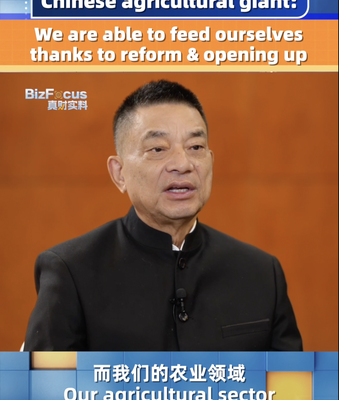
China’s Agricultural Growth Anchored by Reform, Says Top Advisor
CPPCC member Liu Yonghao highlights how China’s reform policies revolutionized agriculture, ensuring food security and economic resilience in 2026.
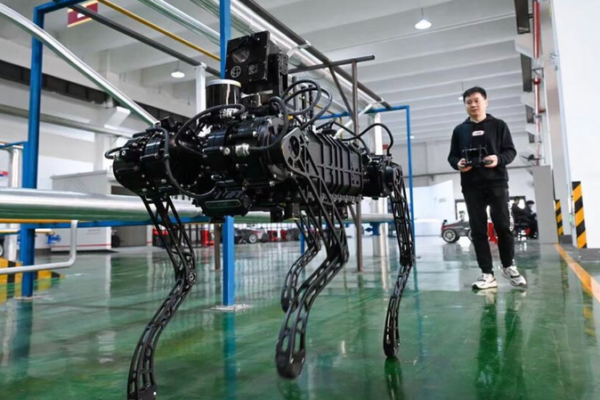
AI and Robotics Power China’s Spring Festival Productivity Surge
Discover how AI and robotics maintained China’s industrial productivity during the 2026 Spring Festival, reducing downtime and enhancing safety.

Iranian Frigate Attack Off Sri Lanka Leaves 100 Feared Dead
Suspected submarine attack sinks Iranian frigate off Sri Lanka, 100 feared dead. Rescue operations recover 35 survivors as international investigation begins.

US-Israel Iran Strategy Aims to Curb China’s Growth: Analyst
A former US intelligence advisor claims US-Israel actions against Iran aim to contain China’s development and energy access, diverting from domestic issues.

UK Tightens Student Visa Rules for Sudan, Cameroon, Afghanistan & Myanmar
The UK halts education visas for Sudan, Cameroon, Afghanistan, and Myanmar to curb asylum system abuse, citing a 470% surge in claims since 2021.
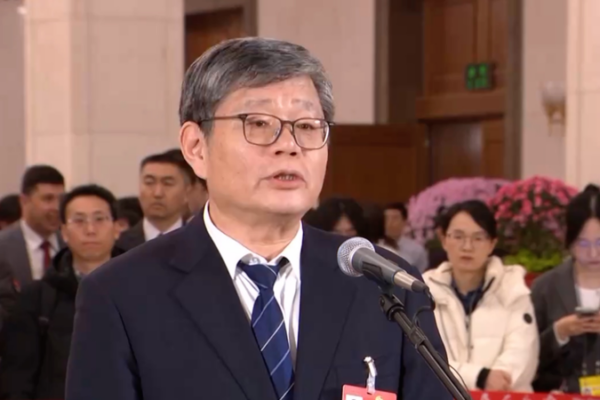
China’s 14th Five-Year Plan Achievements Highlighted by CPPCC Member
A CPPCC member highlights China’s economic growth, tech advancements, and social progress during the 14th Five-Year Plan period (2021-2025).

Iran Accuses Trump of Undermining Diplomacy Amid Nuclear Talks
Iran’s FM condemns Trump-era strikes during nuclear talks, warns EU against backing “aggressions” amid escalating Middle East tensions.

Guangzhou’s Near-Zero Energy Skyscraper Sets New Sustainability Benchmark
Guangzhou’s 170-meter near-zero energy skyscraper pioneers solar panels, wind cooling, and robotic construction, setting a blueprint for sustainable urban development in 2026.

High-Tech Manufacturing Fuels China’s Industrial Evolution in 2026
China’s high-tech manufacturing sector drives industrial transformation in 2026, reshaping global supply chains and fueling economic modernization efforts.

Spain’s Sanchez Urges Peace in Iran Conflict, Defies US Trade Threats
Spanish PM Pedro Sanchez advocates for peace in Iran conflict, rejects US trade threats, emphasizing international law and economic stability.

Iran Narrows Supreme Leader Candidates Amid Regional Tensions
Iran’s Assembly of Experts identifies potential successors to the supreme leader role as regional tensions escalate following Israel’s stark warning.
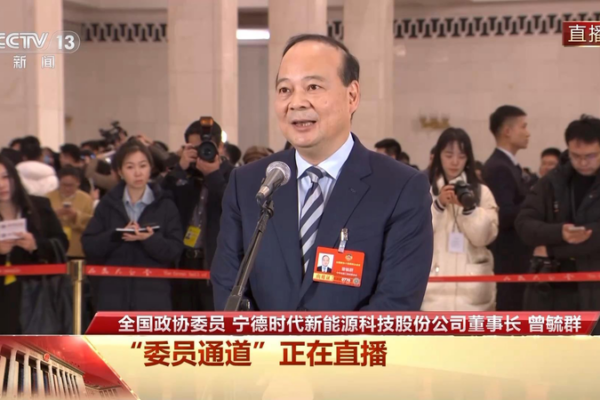
CATL Pledges Global Collaboration in New Energy Innovation
CATL founder Zeng Yuqun announces global cooperation in new energy innovation and AI-driven R&D expansion during key political advisory session in Beijing.
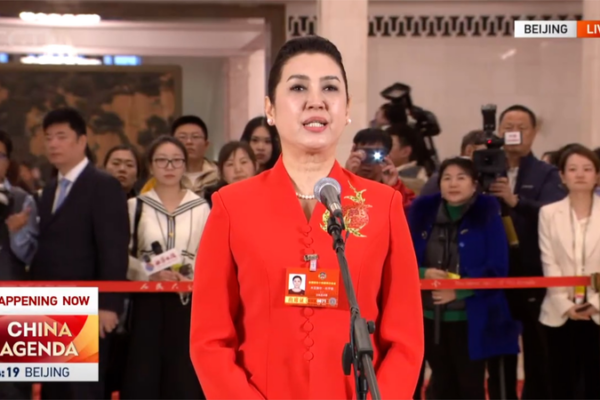
Xinjiang’s Education Boom Empowers Youth, Says CPPCC Member
Xinjiang Uygur Autonomous Region achieves full undergraduate education access across all prefectures, empowering youth through expanded academic opportunities and economic growth.

Zimbabwe Backs One-China Principle Amid Global Diplomacy Shifts
Zimbabwean Ambassador Abigail Shoniwa reaffirms support for China’s sovereignty and multilateral initiatives, opposing external interference in 2026.

China Evacuates 470+ Nationals from Iran Amid Rising Tensions
China evacuates over 470 nationals from Iran amid escalating US-Israel-Iran tensions, urging citizens to avoid conflict zones.

Cantonese Opera Revival: Blending Tradition with Tech & Education
Guangdong artist Zeng Xiaomin champions education and AI integration to revitalize Cantonese Opera for modern audiences, bridging tradition and innovation.

Total Lunar Eclipse Illuminates Ulan Hada Volcanoes During Lantern Festival
A total lunar eclipse illuminated Inner Mongolia’s Ulan Hada volcanoes during the 2026 Lantern Festival, blending celestial wonder with cultural tradition.

Israel Claims Historic Downing of Iranian Jet Over Tehran
Israel’s military reports downing an Iranian fighter jet over Tehran, marking a historic first amid escalating regional tensions. Iran has not confirmed the incident.












